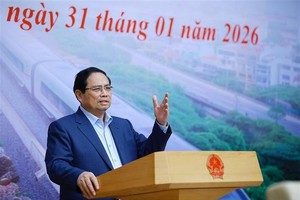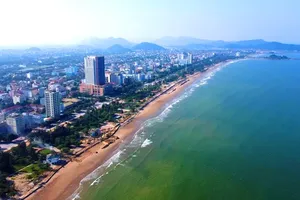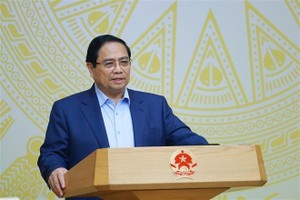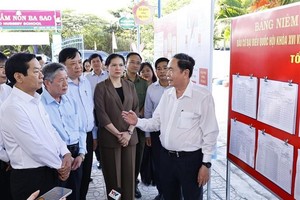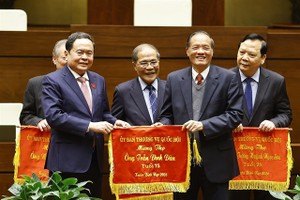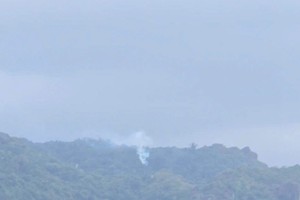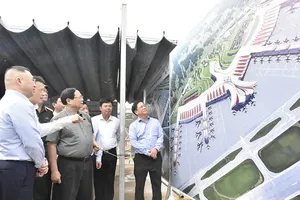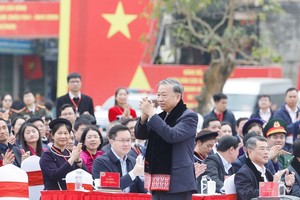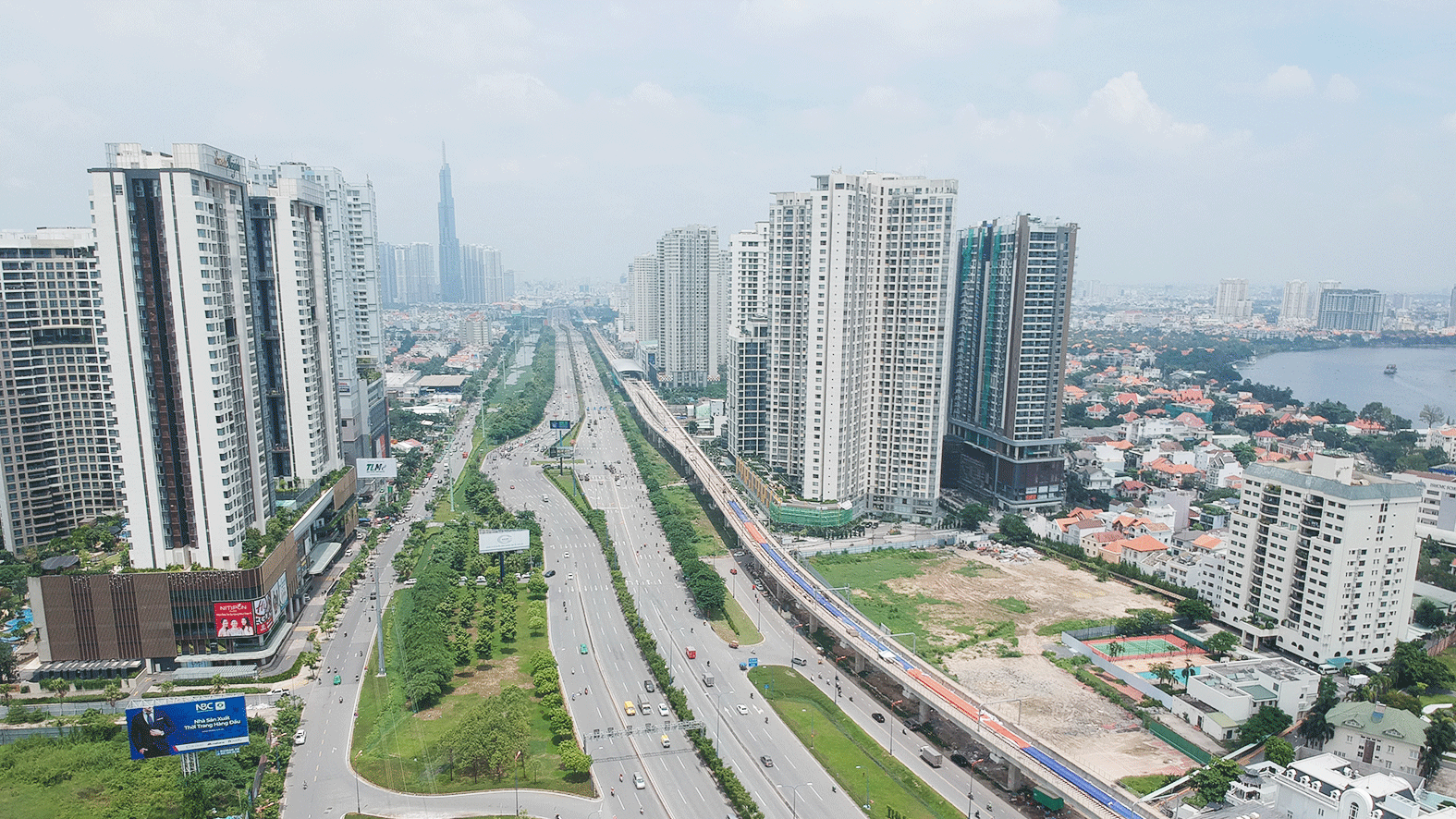
The new provisions in the Law on Investment, specifically PPP investment, effective from August 15 stipulate that unapproved urban projects signed under BT contracts must be ceased, and the BT contract method shall stop being implemented completely from January 01, 2021.
Through BT contracts, HCMC managed to secure VND20,338 billion (about US$874 million) from the private sector to invest in urban infrastructure during the period of 2015-2017, according to HCMC Department of Planning and Investment.
A notable example of projects made possible by BT investment is the Tan Son Nhat - Binh Loi ring road that is a common choice for commuters going to and fro Tan Son Nhat airport and avoiding traffic during rush hours. It crosses Binh Thanh and Thu Duc Districts, as well as connects HCMC with Binh Duong and Dong Nai Provinces.
Other major traffic projects facilitated by BT contracts include Phu My Bridge, Saigon 2 Bridge, Hanoi Highway expansion project, Pham Van Dong Street, and Tham Luong Canal - Ben Cat Wastewater Treatment Plant.
There are also a number of ongoing projects such as Thu Thiem 2 bridge connecting Thu Thiem new urban area (District 2) to District 1, and a million-dollar flood prevention sluice which, when completed, will greatly contribute to the city’s socio-economic development.
According to economists, although BT projects still pose some problems in the evaluation of land fund payment and exchange policies, HCMC can carry out more projects without being too dependent on the state budget.
Deputy Director of HCMC Department of Planning and Investment Tran Anh Tuan predicted that when the PPP Law no longer stipulates BT investment contracts, the city may find it difficult to call for investment in projects that cannot gain revenues from public service provision, or not financially viable. Such projects may include tidal control sluices, river embankments, relocation of households along canals, and construction of state agencies headquarters, public parks, or cemeteries.
Furthermore, the new provisions require projects to have a total investment of at least VND200 billion (about US$8.6 million) and also limit fields of investment. As a result, the city will not be able to afford many PPP investment projects and will face difficulty allocating funds to district-level agencies calling for projects with a budget below VND200 billion.
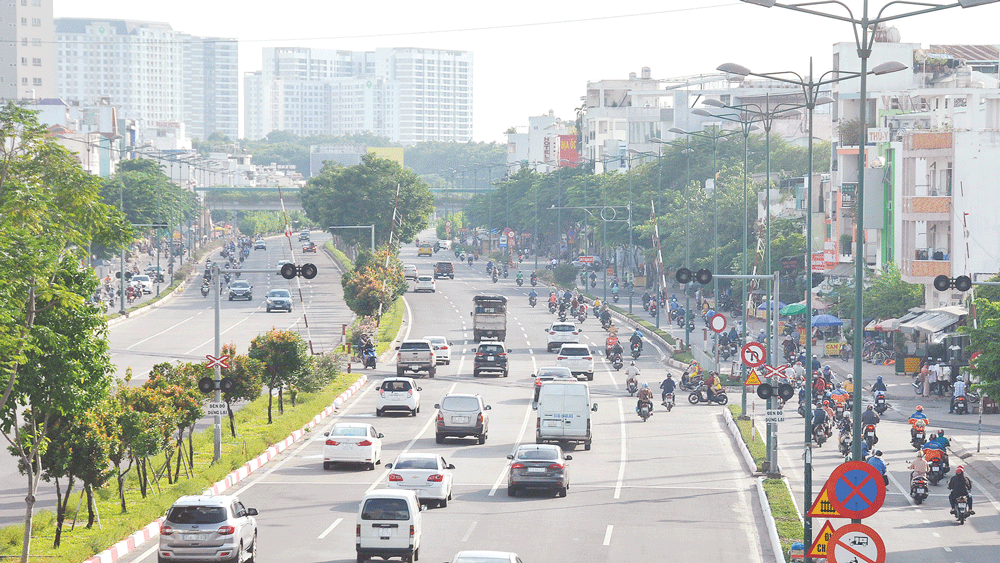 Tan Son Nhat - Binh Loi ring road, a BT project in HCMC
Tan Son Nhat - Binh Loi ring road, a BT project in HCMC
Offering a solution, Chairman of the HCMC Real Estate Association (HoREA) Le Hoang Chau said the provisions should only be applied in the 2020-2022 period to wait for other policies to be updated. Also, it is necessary to review 6 relevant laws: Law on management and use of public properties, Law on Public Investment, Law on State Budget, Law on Bidding, Law on Property Auction, and Law on Prices.
He argued that BT-type projects are also a kind of public services of great value, which can be purchased and paid by the State budget as per normal procurement of public assets.
Secondly, the State should auction public land funds after clearance to pay investors for BT projects, and at the same time create capital for the development of infrastructure.
Laws on PPP Investment were created for auctioning land to get fund for infrastructure and avoid loss, said Former Deputy Minister of Natural Resources and Environment Dang Hung Vo. However, a land area must have infrastructure projects in place to gain value, and auctioning will be prolonged, leading to investment being secured late.


